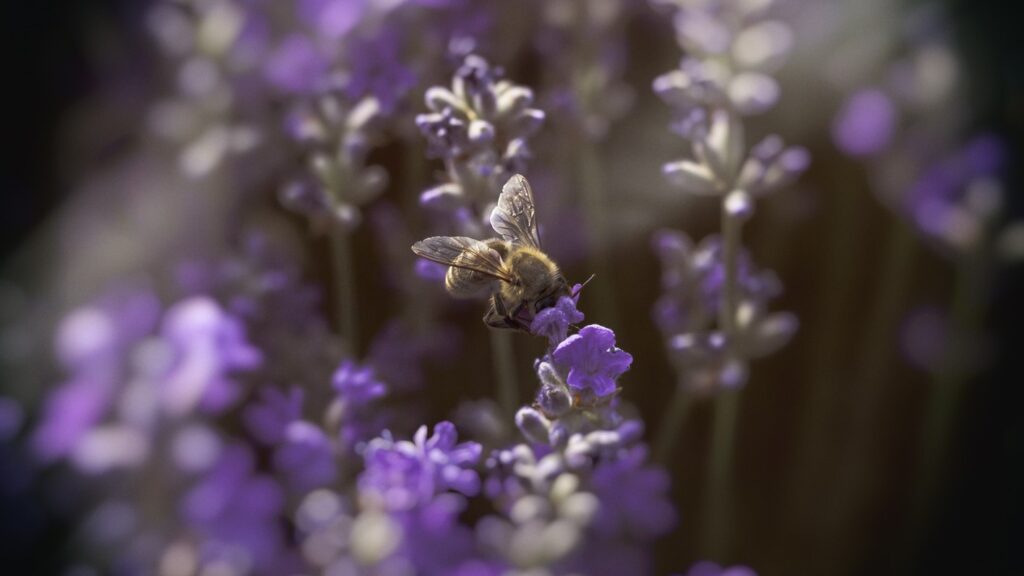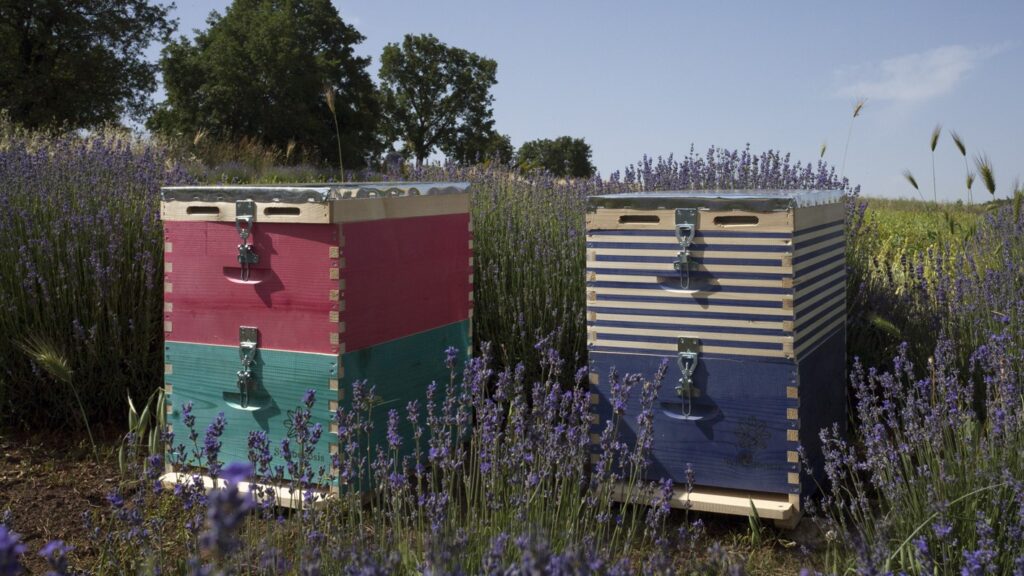 Items
Items


Since ancient times honey has been cherished for its remarkable flavour and numerous health benefits. Greece boasts of more than 1.3 million hives and over 25,000 beekeepers. Its finely honed extraction methods that preserve the purity of its honey make Greek honey renowned worldwide for its unrivalled quality. The secret to Greece’s exceptional honey lies in its diverse terrain and wild vegetation, which offer a vast array of nectar sources for bees. Unlike many other parts of Europe where monocultures dominate, Greece’s landscape is adorned with a variety of flora, providing bees with an extensive choice of nectar-rich flowers. This diversity translates into a spectrum of unique honey flavours, each reflecting the essence of its floral source and season.
Why Eat Seasonally:
Eating seasonal honey, fruits and vegetables is not just about enjoying the freshest flavours in season – it’s about harmonizing ourselves with the intricate rhythms of the Earth itself. By choosing what’s in season, we tap into nature’s wisdom, ensuring that our bodies receive the optimal blend of nutrients tailored to each phase of the year. Moreover, this conscious consumption isn’t just beneficial for us, it’s a cornerstone of sustainable living. By supporting local, seasonal agriculture, we reduce the carbon footprint associated with food production and promote biodiversity in our ecosystems. In essence, embracing seasonal eating is a holistic approach that supports and nourishes both our bodies and the planet.

Greek Honey Seasons:
The Greek honey season spans from March to November, offering a bounty of flavours and nutrition as the year progresses. May heralds the bloom of Orange blossoms, filling the air with their sweet fragrance and providing bees with a rich source of nectar. July sees the emergence of Thyme, painting the hillsides with a purple hue and producing a honey prized for its aromatic intensity. September brings forth the Oak, Fir and Pine forests, where bees gather nectar from the resinous blossoms, crafting a dark and robust honey. And as for Heather, look for it in May and September due to its magical ability to bloom twice.
Among the main varieties of Greek honey are Thyme, Orange blossom, Erika/Heather, Oak, and Fir. Each type carries its own unique flavour profile and nutritional benefits, reflecting the diversity of Greece’s natural landscape.
At Symbeeosis we are proud of our Organic range of Honeys – Thyme, Erika/Heather, Oak and Fir. All of our honeys are obtained from traditional Greek bee populations. Our beehives are placed in remote areas of Greece that are rich in biodiversity, and where bees do not encounter pesticides or other polluting factors making our honey a 100% Organic.

Here are some of the benefits of our Seasonal Organic Greek Honeys:
1. Thyme Honey:
Known for its intense flavour and aromatic qualities, Thyme honey is prized for its antimicrobial properties. Rich in antioxidants and minerals, it is believed to boost immunity and aid in digestion.
Season: June, July.
2. Erika/Heather Honey:
With its dark colour and robust flavour, Erika/Heather honey is prized for its high antibacterial activity. It is often used to soothe coughs and sore throats, making it a popular choice during cold and flu season.
Season: May, June and September.
3. Oak Honey:
Oak honey is characterized by its woody aroma and complex flavour profile. It is rich in antioxidants and has been traditionally used to promote overall health and well-being.
Season: September, November
4. Fir Honey:
Known for its distinctive amber colour and smooth texture, Fir honey is prized for its mild flavour and delicate sweetness. It is often used as a natural sweetener and is believed to have soothing properties.
Season: September, November
One of the remarkable benefits of consuming local honey is its potential to alleviate seasonal allergies. By ingesting honey produced by bees that forage on local flora, individuals may gradually build up immunity to pollen allergens. Since Greek honeybees feast on over 250 species of wildflowers during the season, the honey they produce contains trace amounts of pollen from local plants. This can help desensitize the body to allergens and reduce the severity of allergy symptoms.
Furthermore, adhering to the principle of eating seasonally can enhance overall health and well-being. Just as nature provides fruits, vegetables, and flora that are most supportive of the seasons, consuming honey that aligns with the natural rhythms of the earth can optimize its nutritional benefits.
It is safe to say that Greek seasonal honey is a true culinary and medicinal treasure, reflecting the rich tapestry of Greece’s natural landscape. From the fragrant Orange blossoms of May to the aromatic Thyme of July and the resinous Oak, Fir and Erika/Heather of September, each variety offers a unique sensory experience and a wealth of health benefits. By incorporating seasonal Greek honey into your diet, you not only indulge in exquisite flavours but also honour and nourish your body with nature’s liquid gold bounty.
Choose up to two answers

